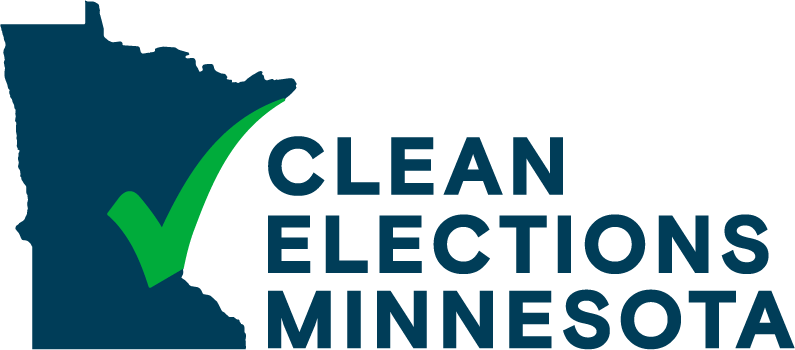A recent letter to the Minneapolis Star Tribune questioned the need for Federal voting rights legislation. The system of electing presidents, in the writer’s view, has worked for more than two centuries; “If it ain’t broke, don’t fix it.”
In several ways this is a puzzling view. The Freedom to Vote: John R Lewis bill is intended in part to prevent nefarious changes to national elections proposed by many states. Rather than two centuries of unaltered stability, we’re looking at a veritable feeding frenzy of attacks on the electoral system.
Fix has two opposed meanings: to repair, or to rig
Also worth noting, “fix” has two opposed meanings: it can mean “repair.” But it can also mean “rig.” In that second sense, “fix” describes crippling a system to insure it’s very likely to produce only the result desired by the fixer. Gerrymandering is that sort of “fix”–redrawing district lines to fix the outcome of an election. (The family dog gets this meaning of “fix.”) The Freedom to Vote legislation intends, among other goals, to fix (as in repair) redistricting practice to prevent partisan gerrymandering.
2021 Election and Voting Bills
In 2021 legislatures in 49 states passed more than 400 bills related to election voting processes. The new laws cover a variety of election aspects; some restrict voting processes, others enable more open voting practices. More than one-third of restrictive laws since 2011 were passed in 2021.
Of the 49 states, 19 passed laws making it more difficult to register and/or cast ballots. Some bills even allow partisan individuals to interfere with election processes, in some cases allowing them to completely reject election results and let legislatures declare winners. Restrictions were driven mostly by legislatures who bought into Trump’s false claims that the 2020 election was stolen; they want, in their words, to “prevent fraud” in future elections.
New Laws Make Voting More Difficult
Some ways legislatures are making voting more difficult:
- Make voter registration more difficult
- Make it harder for voters to cast ballots by mail
- Make it harder for in-person voting by reducing polling place hours or locations
- Increase voter list purges and/or increase the risk of faulty voter list purges
- Make criminal offenses of ordinary and lawful behavior of election officials and other individuals working with elections.
Let’s look at the state of Georgia as an example of what’s happening.
Through the efforts of organizing efforts of Stacey Abrams and others, many new Georgia voters registered for the 2020 election. These new voters helped flip two Georgia senate seats from Republican to Democrat. Since 2020 the Georgia legislature, using The Big Lie as motivation to “eliminate fraud,” enacted laws that limit use of mail ballot drop boxes, shorten early voting times, make Voter ID requirements more stringent, and forbid providing refreshments to voters waiting in line.
New Bills Expand Access to the Ballot
In 2021, 49 states introduced over 1,000 bills to expand access to the ballot, continuing recent trends to make it easier to register and vote. Twenty-five of those states passed 62 laws to improve voting access.
These expansive laws include:
- Ease voter registration, including automatic voter registration and voting day registration, etc. (note: Montana outlawed its auto-registration!)
- Ease balloting by mail and ensure those ballots get counted
- Lengthen early voting time periods
- Improve access for disabled voters
- Restore voting rights to reformed felons
In Minnesota we haven’t faced an onslaught of voting restrictions, though there is pressure in the Minnesota Senate to add restrictions like more stringent voter identification and to introduce “provisional ballots” to require some voters to return with different identification for their votes to count.
In the view of Minnesota Secretary of State Steve Simon, Minnesota can improve elections by enacting automatic voter registration. This can be easily done by allowing drivers to opt-in to voter registration when they renew their licenses instead of opting-out, as is current practice.
The Bottom Line
Clean Elections Minnesota and its allies must continue to push for voter rights, from ease of registration through ease of voting and vote counting, while keeping voting secure. We should continue to urge our senators and representatives in Washington to pass voter rights legislation stalled in Congress. CEM can support automatic registration in 2022. We can also financially support our allies in states where voting restrictions are rampant.
For more details on 2021 voting laws changes see: Voting Laws Roundup: December 2021 | Brennan Center for Justice


